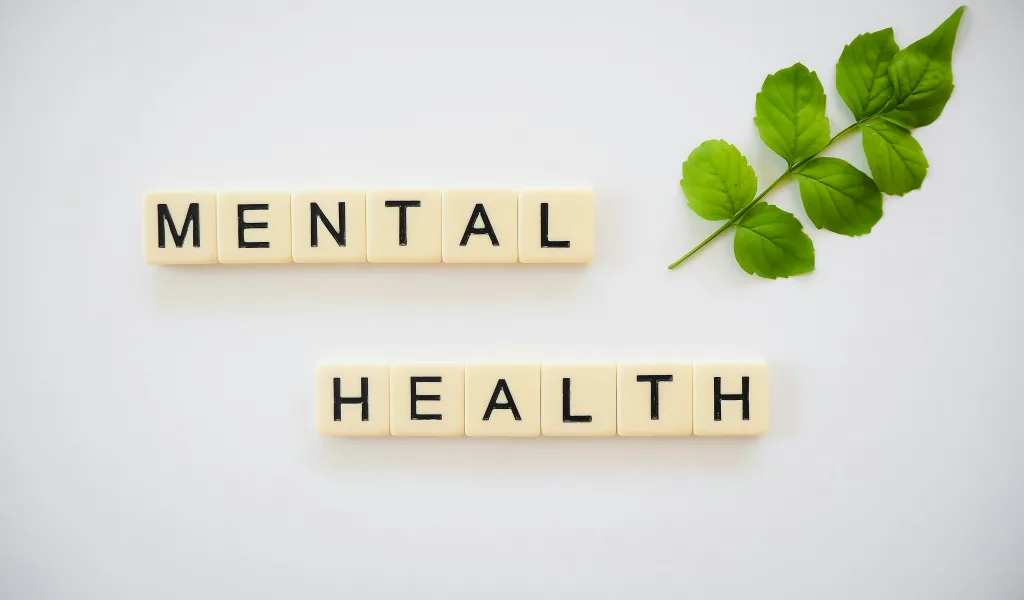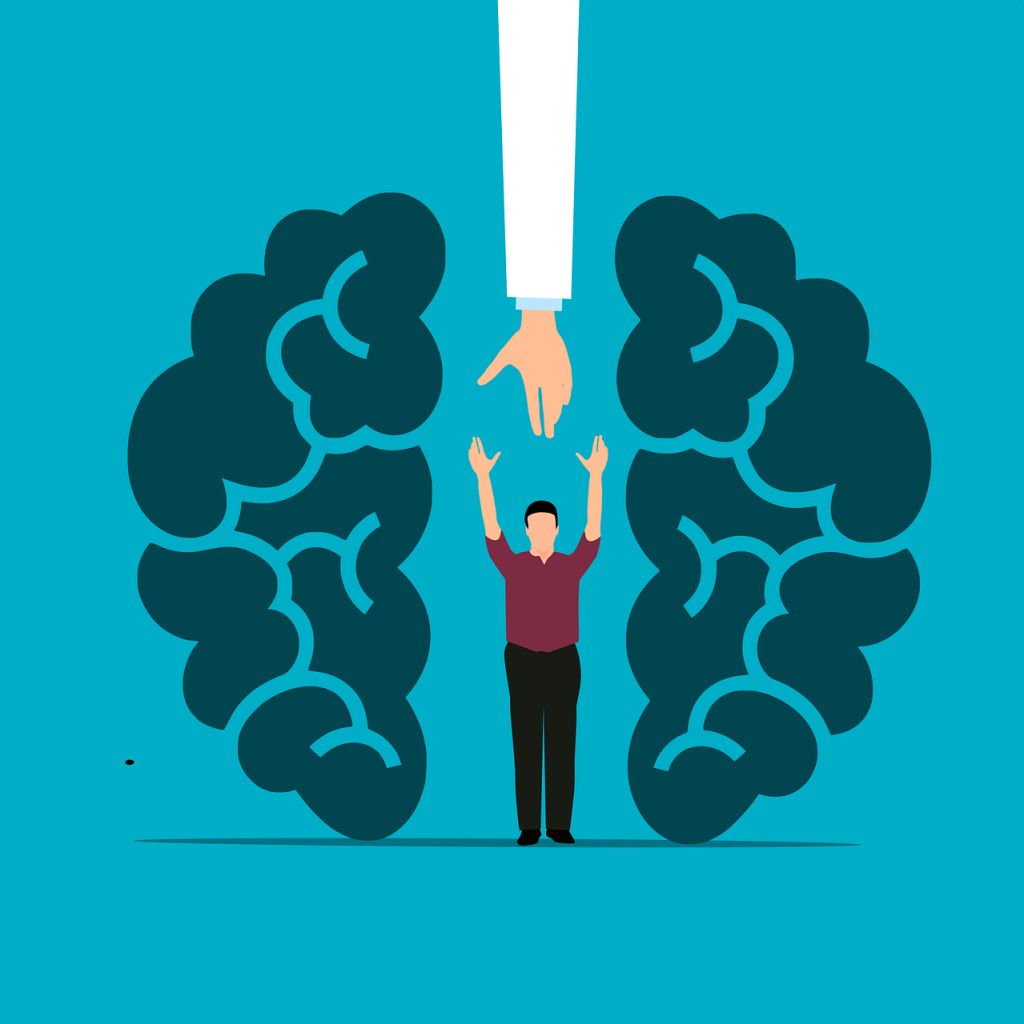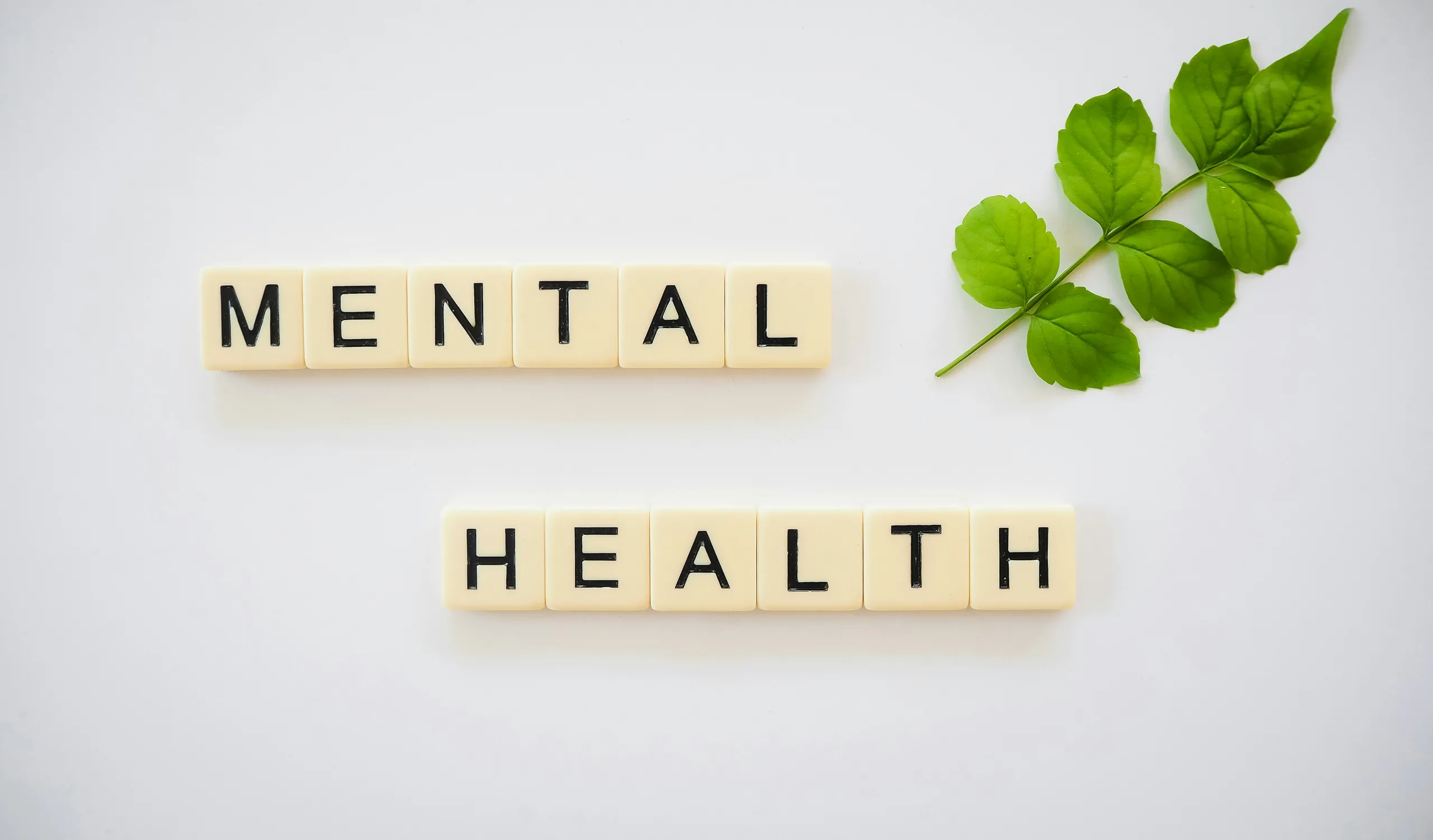Now Reading: 7 Signs of Poor Mental Health to Watch in 2025
-
01
7 Signs of Poor Mental Health to Watch in 2025
7 Signs of Poor Mental Health to Watch in 2025
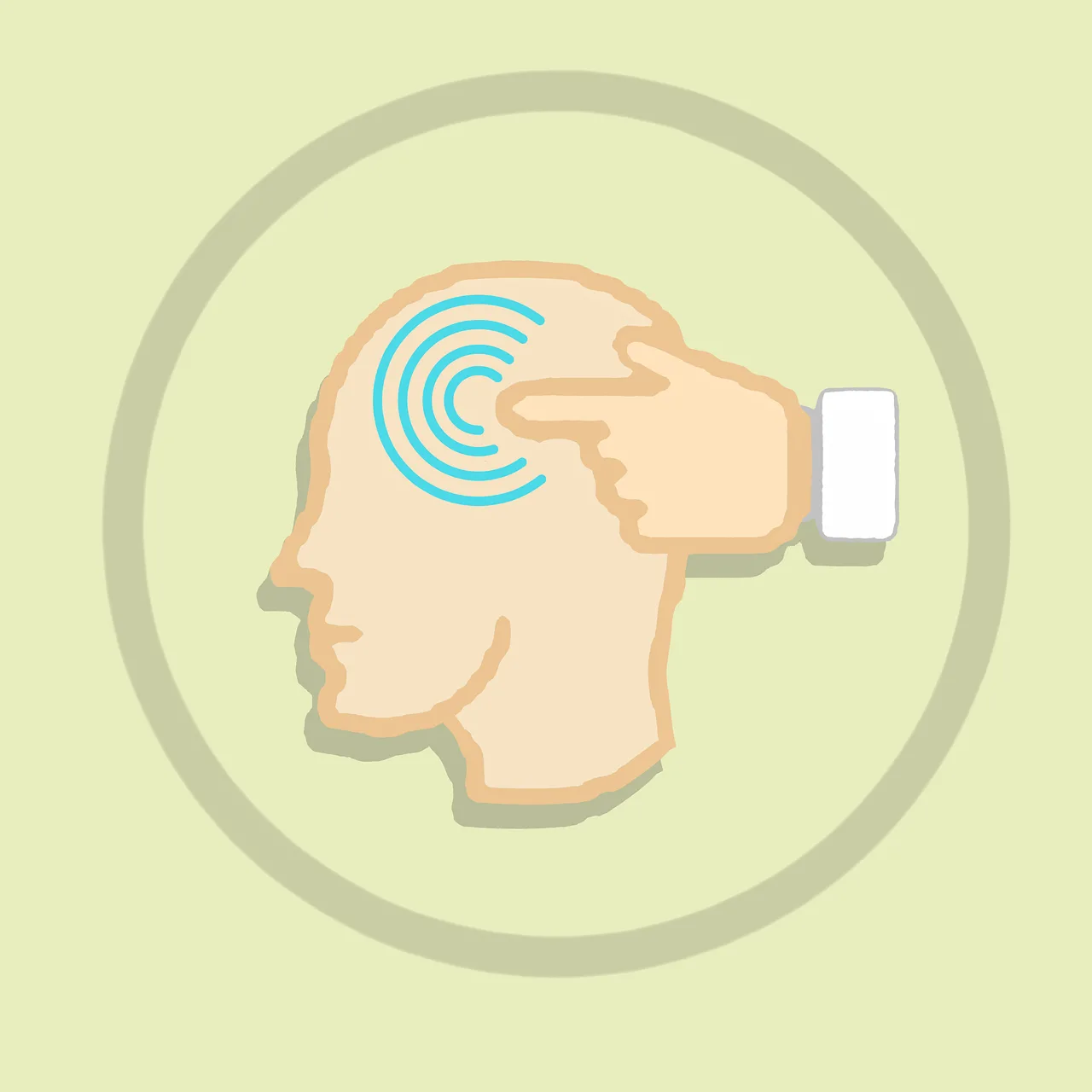
7 Signs 7 Signs of Poor Mental Health You Need to Prioritize
Life moves fast, doesn’t it? Between juggling work, family, and the endless ping of notifications, it’s easy to let your mental health slip down the priority list. But here’s the thing: your mental wellness is just as vital as your physical health. Ignoring the signs that it needs attention can leave you feeling drained, overwhelmed, or worse. At FocusMind.io, we’re here to help you spot those signs and take action to feel your best.

In this post, we’ll dive into seven key signs that it’s time to prioritize your mental wellness, backed by trusted sources like the National Institute of Mental Health (NIMH) and other reputable organizations. We’ll also share a real-life story to inspire you, answer common questions, and offer practical steps to get started. Ready to tune into your mental health? Let’s go!
Why Prioritizing Mental Wellness Matters
Mental wellness isn’t about being happy all the time—it’s about having the tools to handle life’s ups and downs with resilience. Research shows that nurturing mental health can improve relationships, reduce stress, and boost overall well-being (NIMH). But how do you know when your mental health needs more focus? Certain emotional, physical, or behavioral changes can be your mind’s way of waving a red flag. Recognizing these signs early can make a big difference, helping you avoid burnout or more serious mental health challenges.
7 Signs It’s Time to Prioritize Your Mental Wellness
Here are seven common indicators that your mental health could use some extra care, drawn from expert insights and research.
1. Persistent Emotional or Behavioral Changes
If you’ve been feeling “off” for more than two weeks, it’s worth paying attention. Symptoms like these could signal a need to focus on your mental health:
- Trouble falling or staying asleep
- Changes in appetite or unplanned weight shifts
- Difficulty concentrating or feeling unmotivated
- Losing interest in hobbies or activities you used to love
- Feeling irritable, frustrated, or restless
These signs may point to conditions like depression or anxiety, especially if they persist. The NIMH recommends seeking professional help if these symptoms last longer than two weeks.
2. Chronic Stress
A little stress can keep you sharp, but when it’s constant, it’s a problem. If you’re always feeling overwhelmed, anxious, or unable to unwind, chronic stress might be taking a toll. This can lead to mental health issues like anxiety or depression, as well as physical problems like a weakened immune system (Wellcare Community Health). If stress feels like your default mode, it’s time to explore stress management techniques or professional support.
3. Neglecting Self-Care
Self-care isn’t just a trendy buzzword—it’s a cornerstone of mental wellness. If you’re skipping meals, cutting corners on sleep, or always putting others’ needs before your own, you’re likely neglecting self-care. This can leave you feeling depleted and increase your risk of burnout. Taking time for activities that recharge you, like a quiet walk or a favorite hobby, is essential for emotional health (SMWC Counseling Center).
4. Social Isolation
We’re wired for connection, and strong social ties are vital for mental health. If you’ve been pulling back from friends, avoiding family gatherings, or feeling lonely, it’s a sign to reconnect. Social isolation can worsen stress and lower mood, while spending time with others can provide support and a sense of belonging (NHS). Even a quick coffee date or phone call can make a difference.
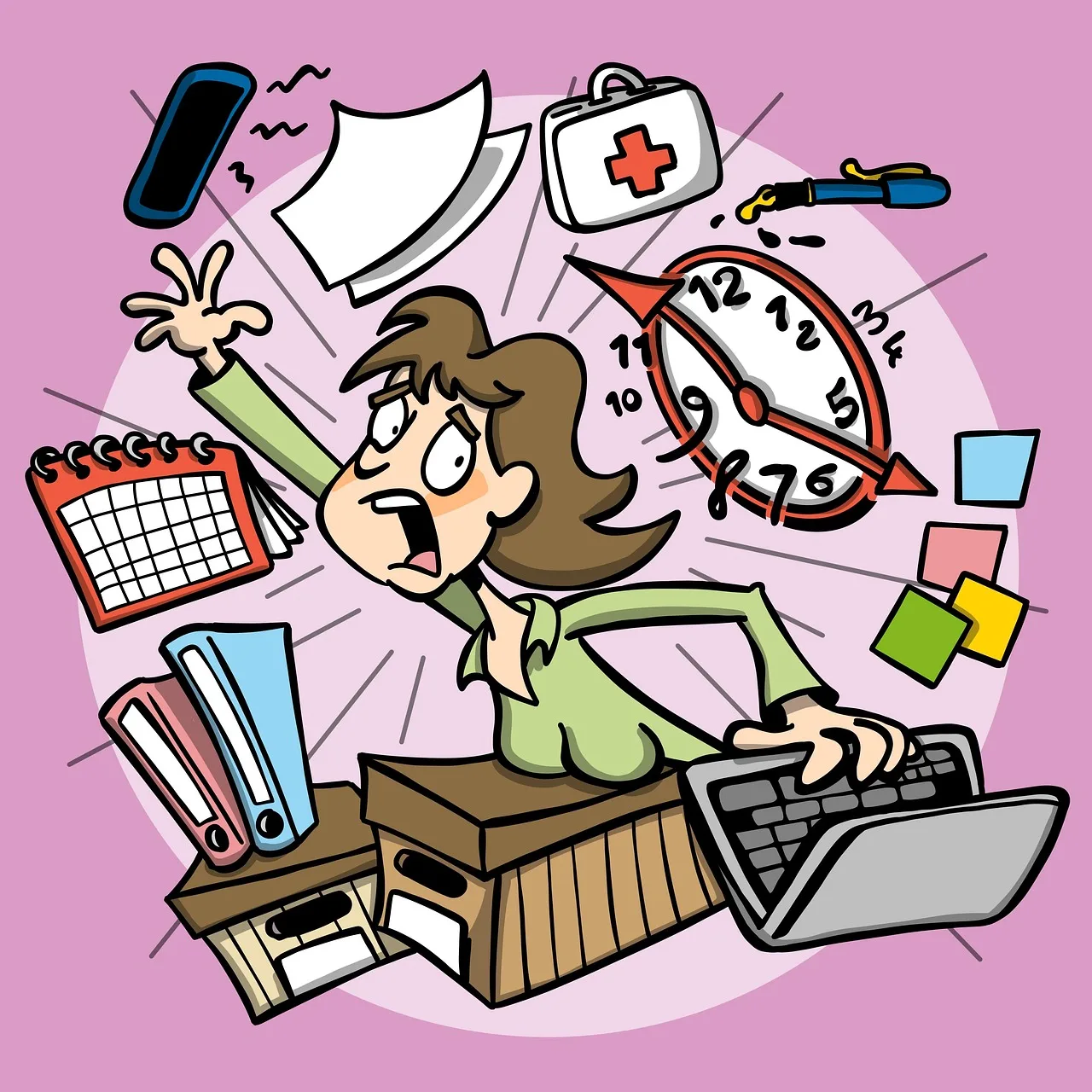
5. Negative Thought Patterns
Your thoughts shape how you feel, and getting stuck in negative self-talk or rumination can drag down your mental health. If you’re constantly criticizing yourself, dwelling on “what-ifs,” or feeling unworthy, it’s time to shift gears. Practices like mindfulness, journaling, or cognitive-behavioral techniques can help break this cycle and foster a kinder inner dialogue (Calm Blog).
6. Burnout or Overwhelm
Feeling like you’re running on empty? Burnout happens when you’re exhausted, unmotivated, or struggling to keep up with daily tasks. It’s your mind’s way of saying, “I need a break!” If you’re finding it hard to balance work, school, or personal life, or if you’ve lost your spark, it’s a clear sign to prioritize mental wellness. Setting boundaries and seeking support can help you recharge (Brave Thinking Institute).
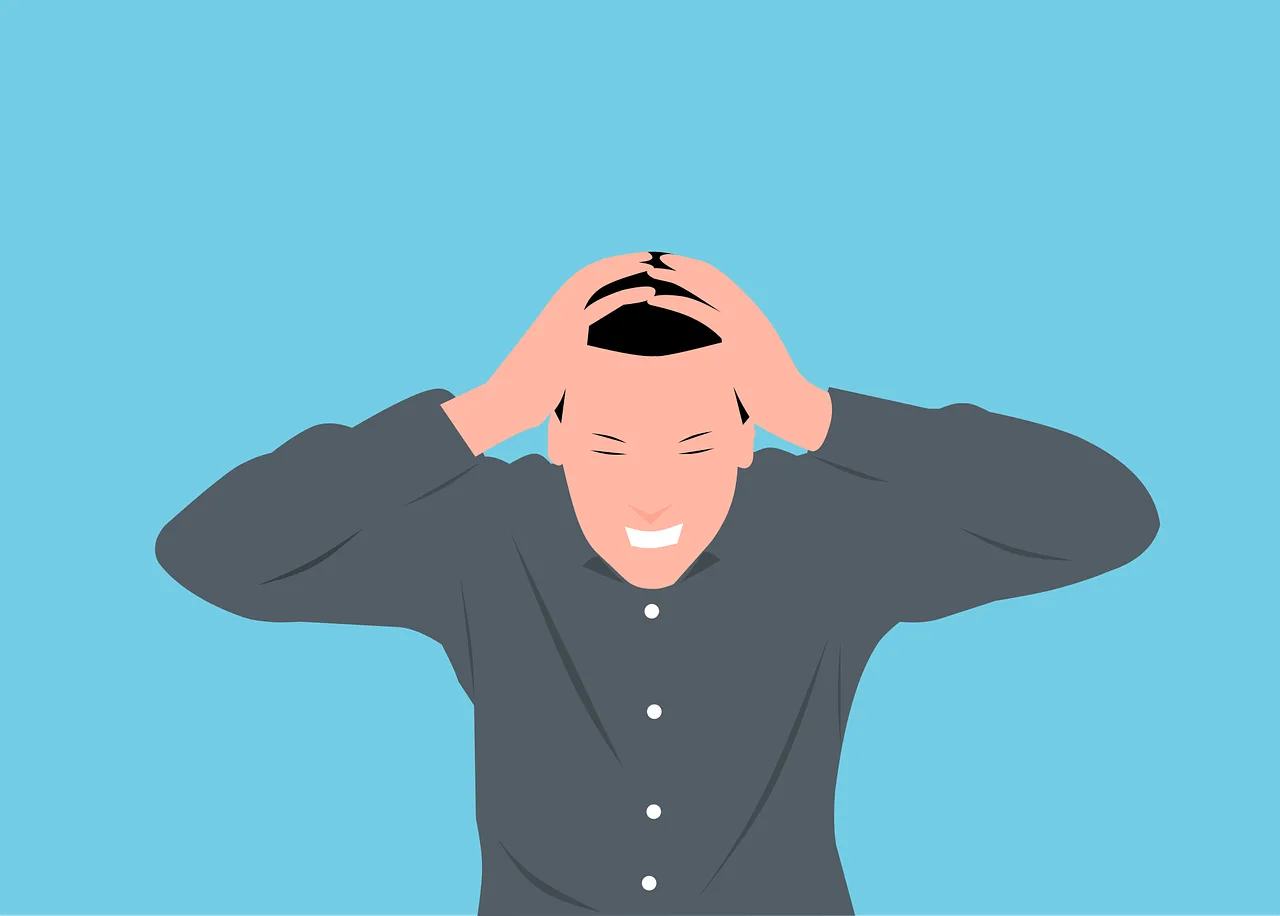
7. Physical Symptoms Linked to Mental Health
Your mind and body are deeply connected. Unexplained physical symptoms like headaches, stomach issues, or chronic fatigue can sometimes stem from mental health struggles. Stress and anxiety can manifest physically, signaling that your mental wellness needs attention. Addressing these underlying issues can often ease physical discomfort (Centerstone).
| Sign | What It Looks Like | Why It Matters |
|---|---|---|
| Persistent Symptoms | Trouble sleeping, appetite changes, loss of interest | May indicate depression or anxiety |
| Chronic Stress | Constant overwhelm, inability to relax | Can lead to mental and physical health issues |
| Neglecting Self-Care | Skipping meals, sleep, or personal time | Increases risk of burnout |
| Social Isolation | Avoiding friends, feeling lonely | Worsens stress and mood |
| Negative Thought Patterns | Self-criticism, rumination | Lowers self-esteem, increases anxiety |
| Burnout or Overwhelm | Exhaustion, lack of motivation | Signals need for rest and support |
| Physical Symptoms | Headaches, fatigue, digestive issues | Often linked to mental stress |
A Real-Life Story: Sarah’s Journey to Mental Wellness
Meet Sarah, a 32-year-old marketing executive with a packed schedule. Between tight deadlines, family responsibilities, and social commitments, she was always on the go. But over time, Sarah noticed troubling changes. She couldn’t sleep, often lying awake worrying about work. She felt exhausted, even after rest, and stopped painting, a hobby she loved. She also became short-tempered, snapping at colleagues over small things.

At first, Sarah brushed it off as “just stress.” But when these signs lingered for weeks, she knew something had to change. She started by carving out short breaks during her workday to breathe deeply and clear her mind. She set a consistent bedtime routine, avoiding screens to improve her sleep. Sarah also reached out to old friends, scheduling weekly coffee dates that lifted her spirits. To address her stress, she began working with a therapist who taught her mindfulness techniques and helped her set boundaries at work.
Over a few months, Sarah felt more balanced. She picked up her paintbrush again and found joy in her daily routine. Sarah’s story shows that recognizing the signs and taking small, intentional steps can lead to meaningful change, though everyone’s path is unique.
How to Take Action
If you’re noticing these signs, don’t panic—there are steps you can take to prioritize your mental wellness:
- Start Small: Try one change, like a 10-minute walk, a gratitude journal, or a call with a friend.
- Practice Self-Care: Focus on basics like sleep, nutrition, and exercise to support your mood.
- Connect with Others: Reach out to loved ones or join a community group for support.
- Seek Professional Help: If symptoms persist for more than two weeks, contact a mental health professional. The NIMH offers resources to find help.
- Use Tools: Apps like Calm or Headspace can guide you in mindfulness and stress management.
For immediate concerns, especially thoughts of suicide, call or text the 988 Suicide & Crisis Lifeline at 988, available 24/7, or call 911 in emergencies.
Frequently Asked Questions (FAQs)
- What should I do if I notice these signs in myself?
Start with self-care practices like improving sleep, eating well, and exercising. Talk to a trusted friend or family member. If symptoms last more than two weeks or disrupt your life, seek professional help from a therapist or counselor (NIMH). - Can these signs indicate a serious mental health condition?
These signs might reflect temporary stress or could point to conditions like depression or anxiety. If they persist or worsen, consult a mental health professional for an assessment to determine the best course of action (NIMH). - How can I support a friend or family member showing these signs?
Listen without judgment, encourage them to seek help, and offer practical support like joining them for a walk or helping with tasks. Reassure them that it’s okay to ask for help and that you’re there for them (NIMH). - How long do these signs need to persist before I should worry?
If symptoms like trouble sleeping or loss of interest last more than two weeks or significantly impact your daily life, it’s time to take action. Early intervention can prevent worsening issues (NIMH). - Are there resources to help me prioritize my mental wellness?
Yes! The NIMH Emotional Wellness Toolkit offers practical tips. Apps like Calm or Headspace can support mindfulness, and local mental health services can provide professional care (SAMHSA).
Conclusion: Your Mental Wellness Is Worth It
Your mental health is a cornerstone of a fulfilling life, and noticing these signs is a powerful first step toward taking care of it. Whether it’s chronic stress, social isolation, or physical symptoms, these signals are your mind’s way of asking for attention. You don’t have to tackle them all at once—start with one small change, like a daily walk or a chat with a friend. If you need more support, resources like the NIMH Emotional Wellness Toolkit or professional help are there for you.
You’re not alone, and your mental wellness matters. Take that first step today, and give yourself the care you deserve.
Stay Informed With the Latest & Most Important News
Previous Post
Next Post
-
 0110 Simple Ways to Improve Mental Health in 2025
0110 Simple Ways to Improve Mental Health in 2025 -
 02How to Create a Daily Mental Wellness Routine
02How to Create a Daily Mental Wellness Routine -
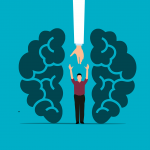 035 Common Mental Health Myths Debunked: What You Need to Know
035 Common Mental Health Myths Debunked: What You Need to Know -
04Why Mental Health Matters More Than Ever in 2025
-
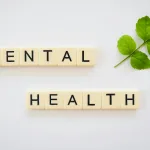 05Ultimate Guide to Mental Health for Beginners
05Ultimate Guide to Mental Health for Beginners -
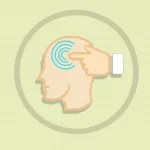 067 Signs of Poor Mental Health to Watch in 2025
067 Signs of Poor Mental Health to Watch in 2025










